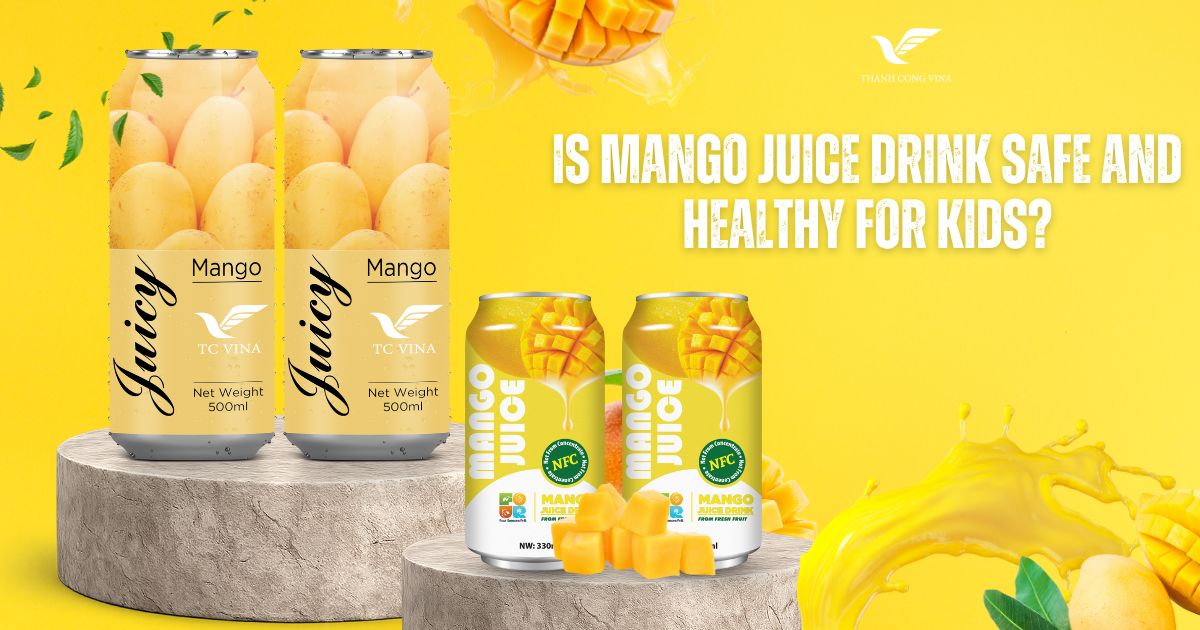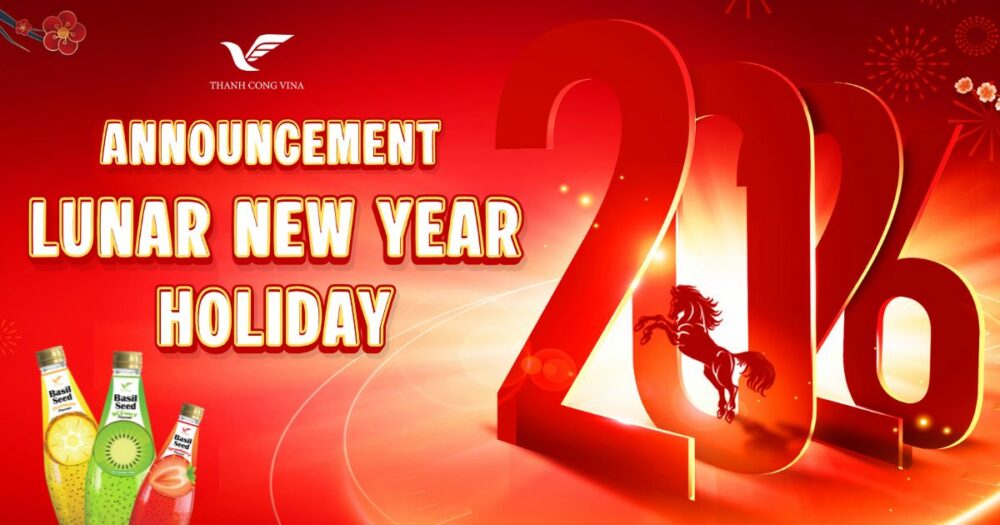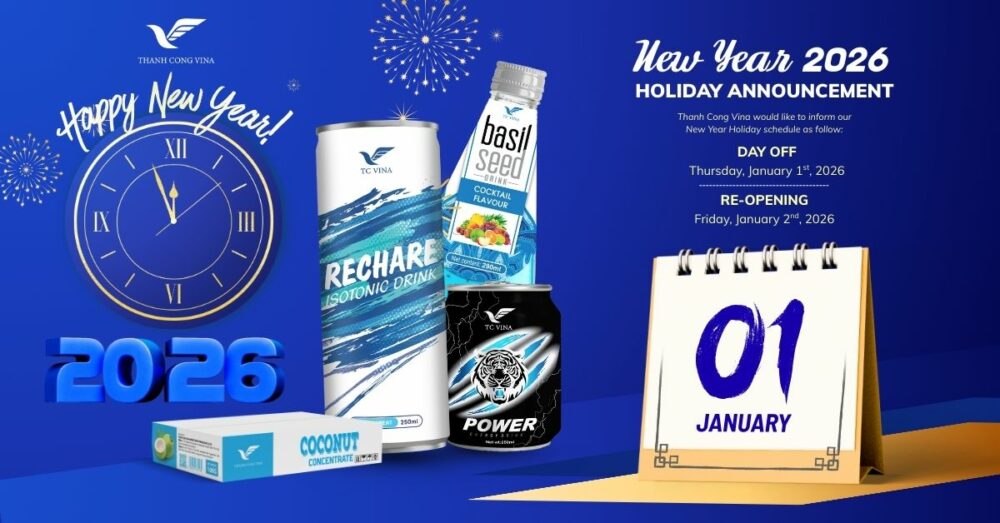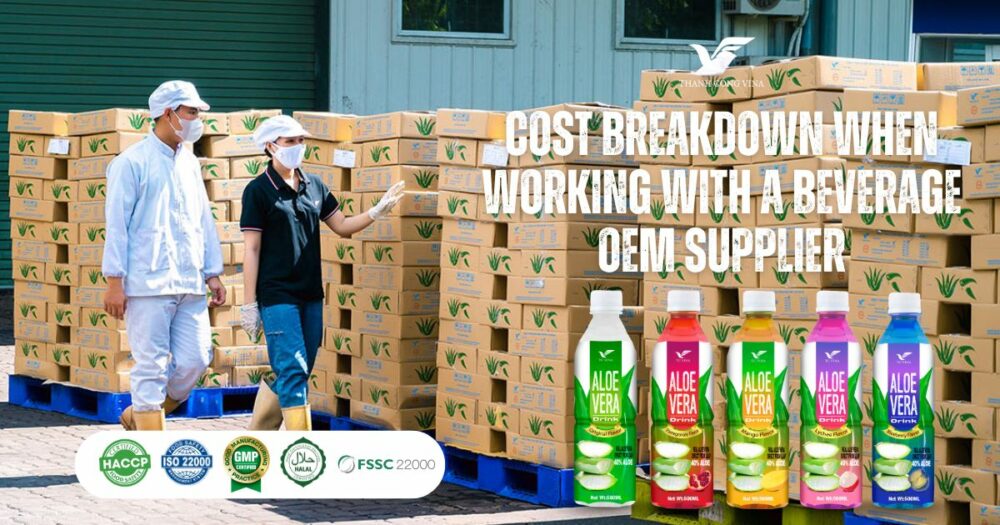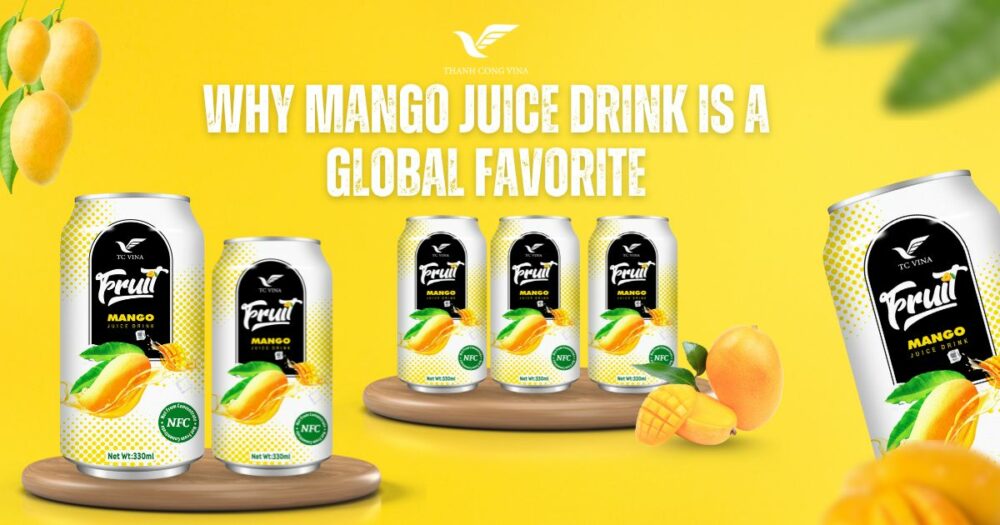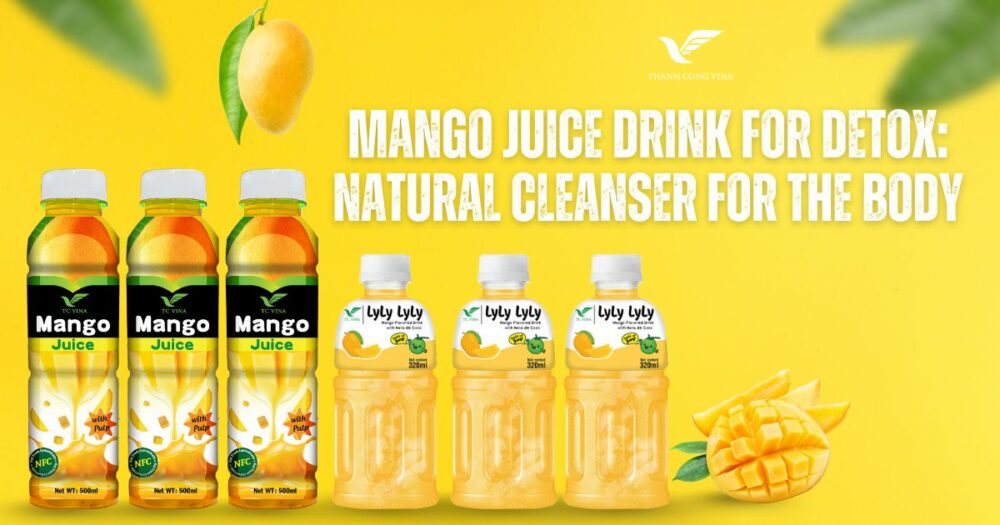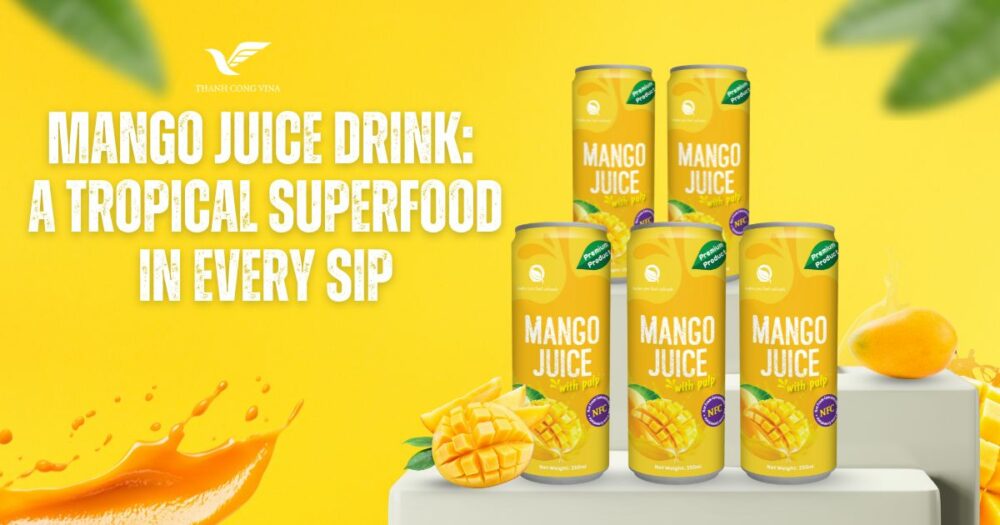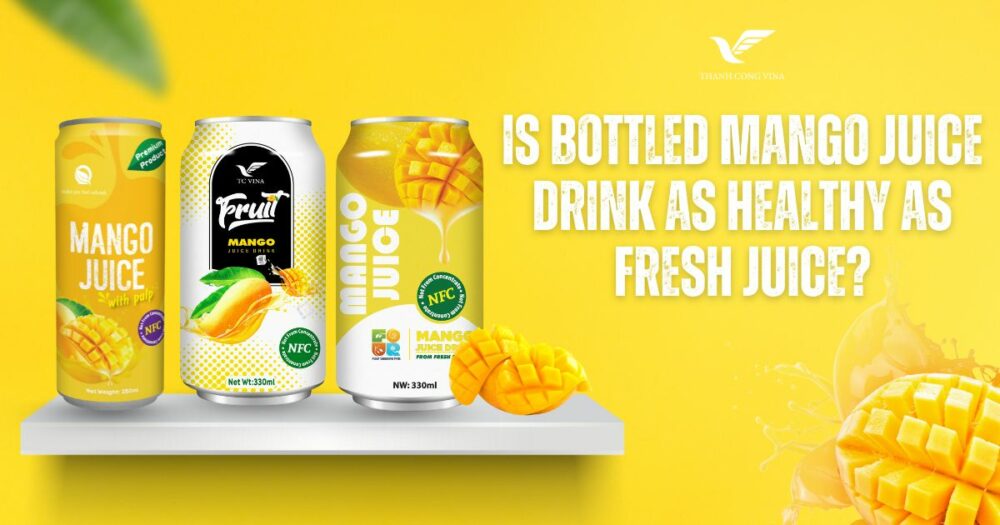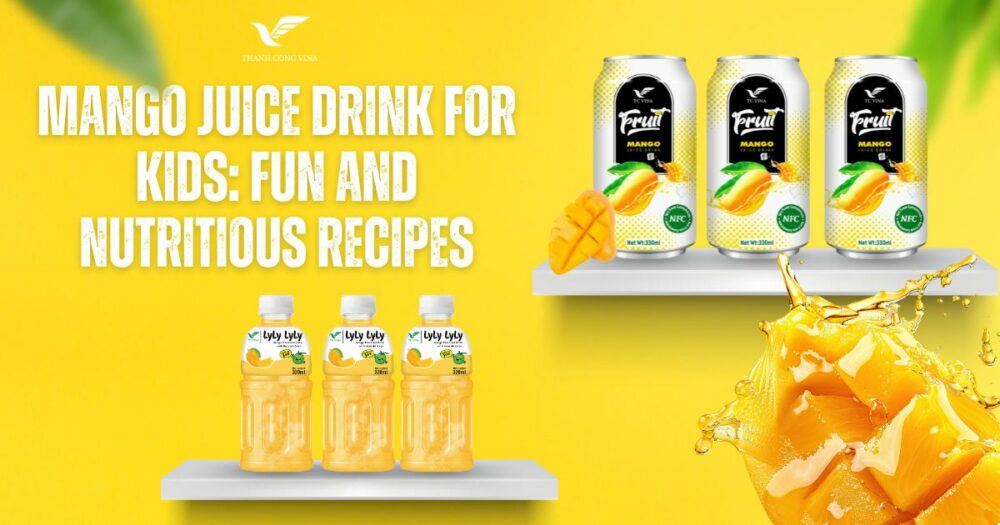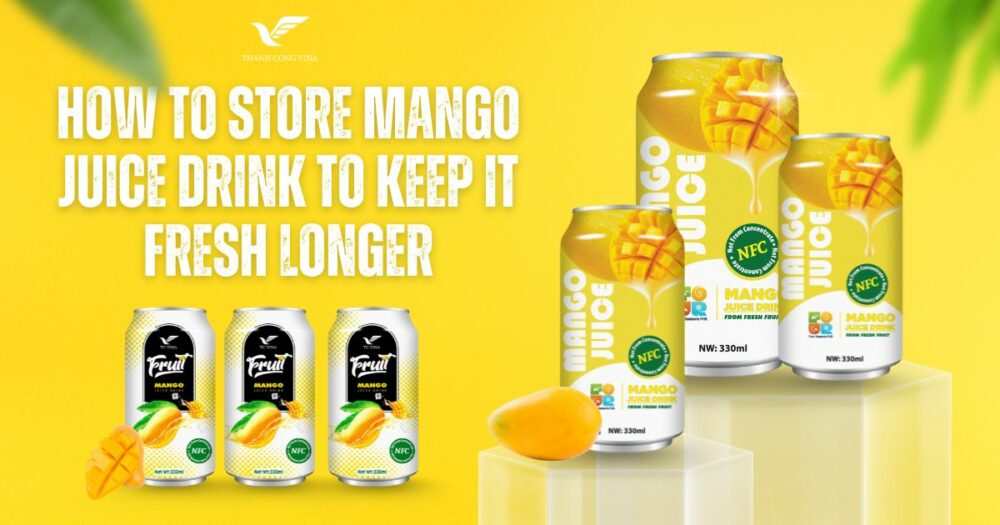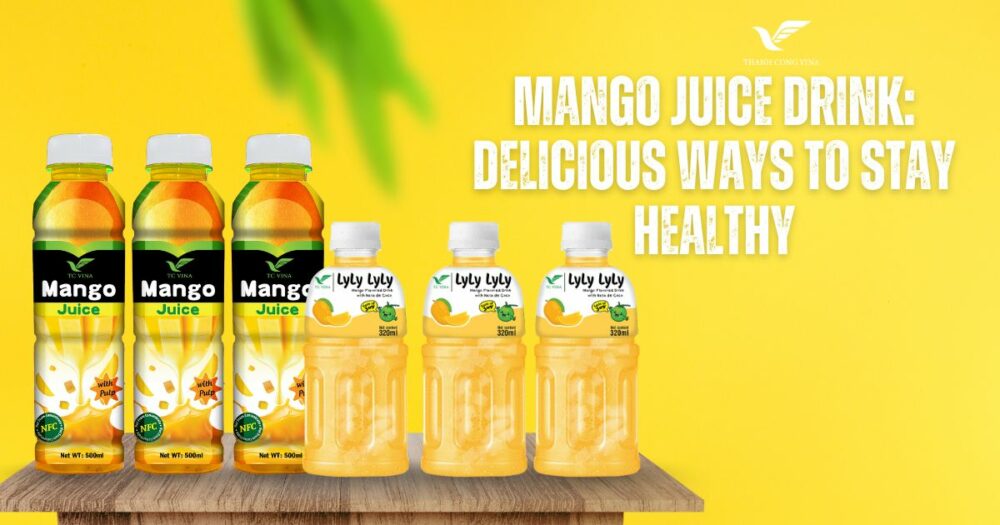Parents are constantly searching for healthy beverages for their children, and fruit-based options often seem like the best choice. Among them, mango juice drink stands out for its tropical flavor, vibrant color, and nutritional value. Packed with vitamins, minerals, and natural sugars, mango juice can provide kids with energy and important nutrients to support growth and development. However, questions remain: Is mango juice drink truly safe for kids? Does it deliver real health benefits, or can it pose risks when consumed too often? The truth lies in understanding both its advantages and potential drawbacks. Like many foods, balance and quality are key factors. This article will explore the nutritional value of mango juice drink, its health benefits for children, possible side effects, and practical tips for including it in their diets responsibly. By the end, you will have a clear answer on whether mango juice drink is a safe and healthy choice for kids.
Nutritional Value of Mango Juice Drink for Children
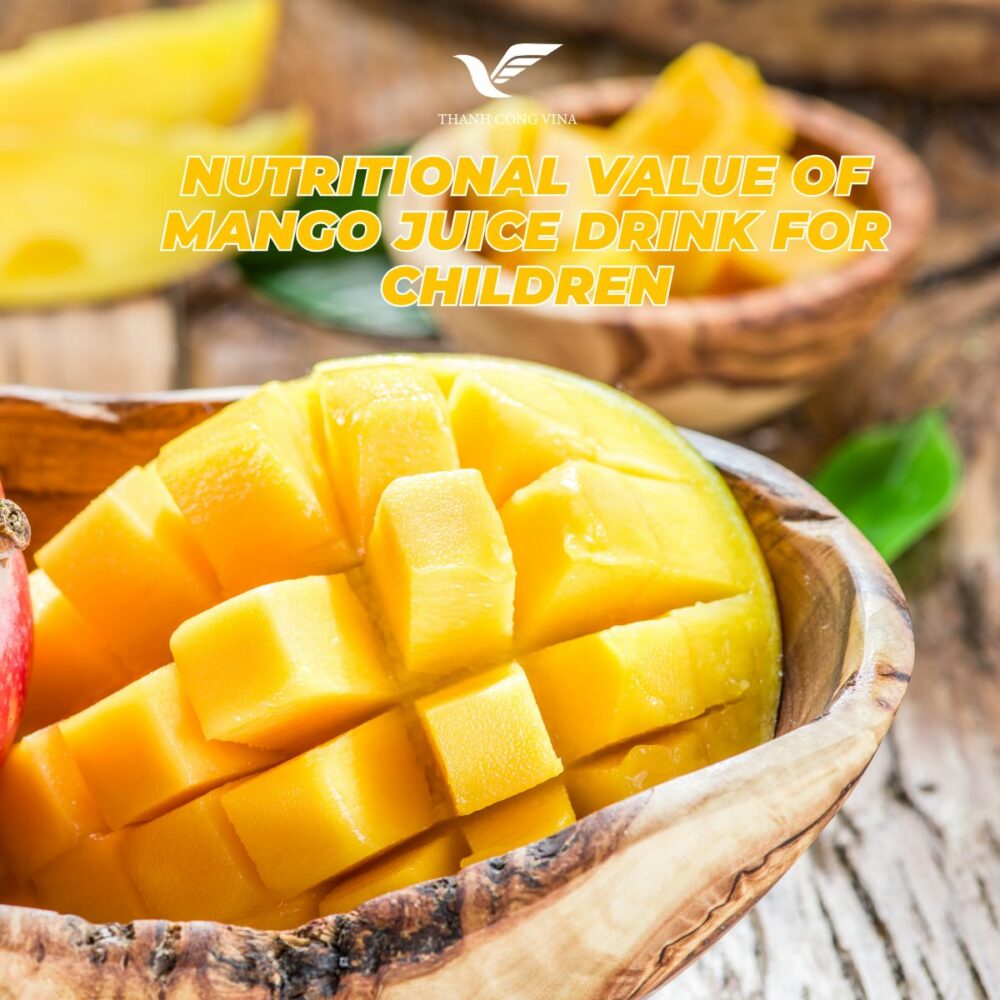
Nutritional Value of Mango Juice Drink for Children
Vitamins and Minerals Essential for Growth
Mango juice drink contains vitamin C, vitamin A, potassium, and folate—all of which are crucial for a child’s health. Vitamin C supports immunity and helps kids fight off common colds, while vitamin A plays a role in healthy vision and growth. Potassium maintains fluid balance and supports muscle function, which is important for active children. Folate helps with cell development and energy production, making mango juice a nutrient-rich option.
Natural Sugars and Energy Supply
One of the most immediate benefits of mango juice drink is the quick source of energy it provides. The natural sugars in mangoes, such as fructose and glucose, are easily digested and converted into energy. This makes it a popular drink for kids who need a boost after playtime or sports activities. However, it is important to balance this with fiber-rich foods to slow down sugar absorption and maintain steady energy levels.
Health Benefits of Mango Juice Drink for Kids
Boosting Immunity and Overall Health
Children are often exposed to germs at school or during play, making a strong immune system vital. Mango juice drink, rich in antioxidants and vitamin C, helps strengthen the body’s natural defenses. Regular but moderate consumption can reduce the likelihood of frequent illnesses like colds and flu.
Supporting Digestion and Hydration
Mango juice drink, especially when made with pulp, contains soluble fiber that supports digestion and prevents constipation—a common issue among kids. At the same time, its water content keeps children hydrated, which is critical for concentration, energy, and overall well-being.
Potential Risks and Side Effects of Mango Juice Drink for Children
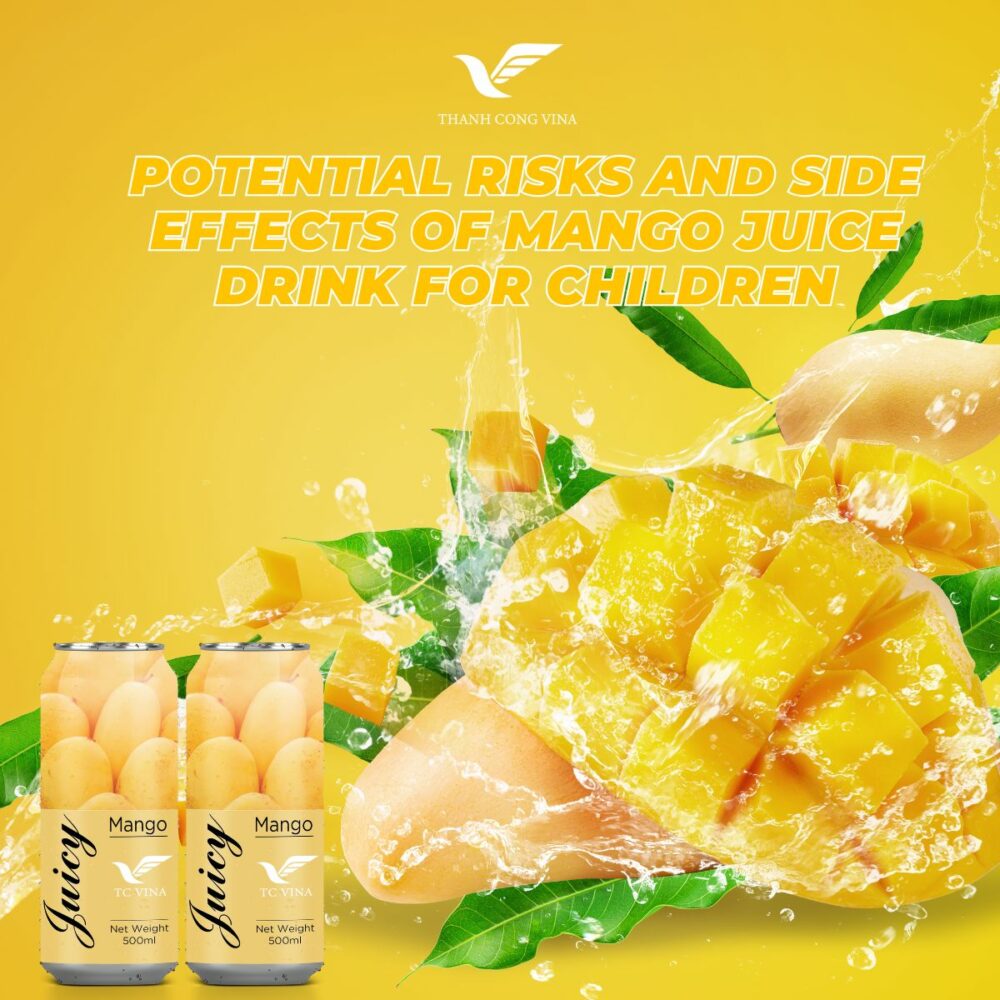
Potential Risks and Side Effects of Mango Juice Drink for Children
High Sugar Content Concerns
While mango juice provides natural sugars, it can also raise concerns about excessive sugar intake. Store-bought versions often contain added sugars, which may contribute to obesity, tooth decay, or blood sugar spikes. Parents need to pay attention to labels and choose 100% juice options without added sweeteners.
Allergic Reactions and Sensitivities
Although rare, some children may have allergic reactions to mangoes, such as skin rashes or stomach upset. Introducing mango juice drink in small amounts and monitoring for reactions can help prevent complications. For kids with sensitive stomachs, starting with diluted juice may be the best approach.
Fresh Mango Juice vs. Packaged Mango Juice Drink
Advantages of Freshly Made Mango Juice
Fresh mango juice drink retains more nutrients and has no additives, making it a healthier choice for kids. Parents who prepare juice at home can control sugar levels and include pulp for additional fiber. This ensures that children get maximum nutritional benefits without unnecessary preservatives.
Drawbacks of Packaged Mango Juice Drinks
Packaged mango juice drinks are more convenient but often come with added sugars, artificial flavors, or preservatives. These can reduce the overall health benefits and may even contribute to digestive issues. Choosing reputable brands that focus on natural ingredients can make a difference in safety and nutritional quality.
Recommended Serving Sizes for Kids
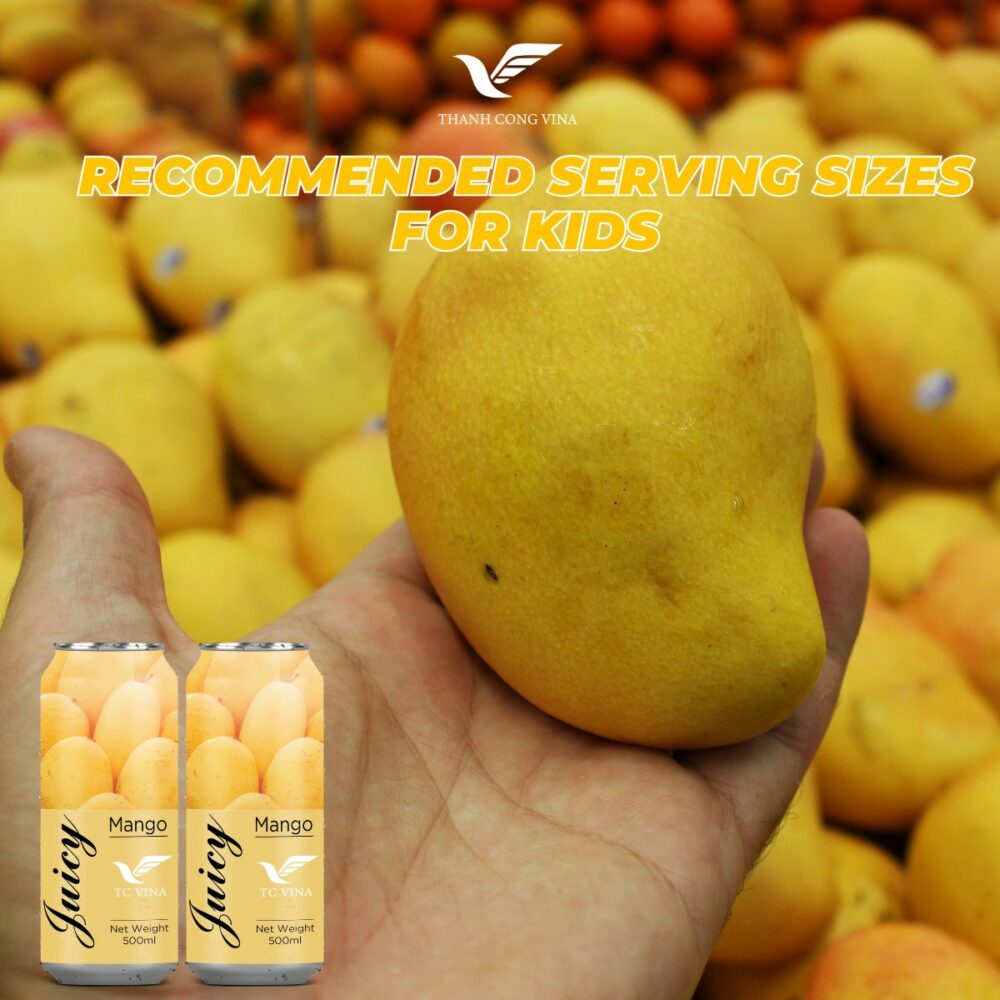
Recommended Serving Sizes for Kids
Daily Intake Guidelines
Health experts recommend limiting juice intake for children to around 120–180 ml (4–6 ounces) per day, depending on age. Mango juice drink should not replace water or milk but can be an occasional treat that adds variety to a child’s diet. Serving it with meals can also help regulate sugar absorption.
Moderation and Balanced Diet
Even though mango juice drink offers vitamins and hydration, it should not be the only source of nutrition. Pairing it with whole fruits, vegetables, and proteins ensures that children receive a well-rounded diet. Balance is key to making mango juice drink a safe and enjoyable part of their nutrition plan.
Tips for Making Mango Juice Drink Healthier for Children
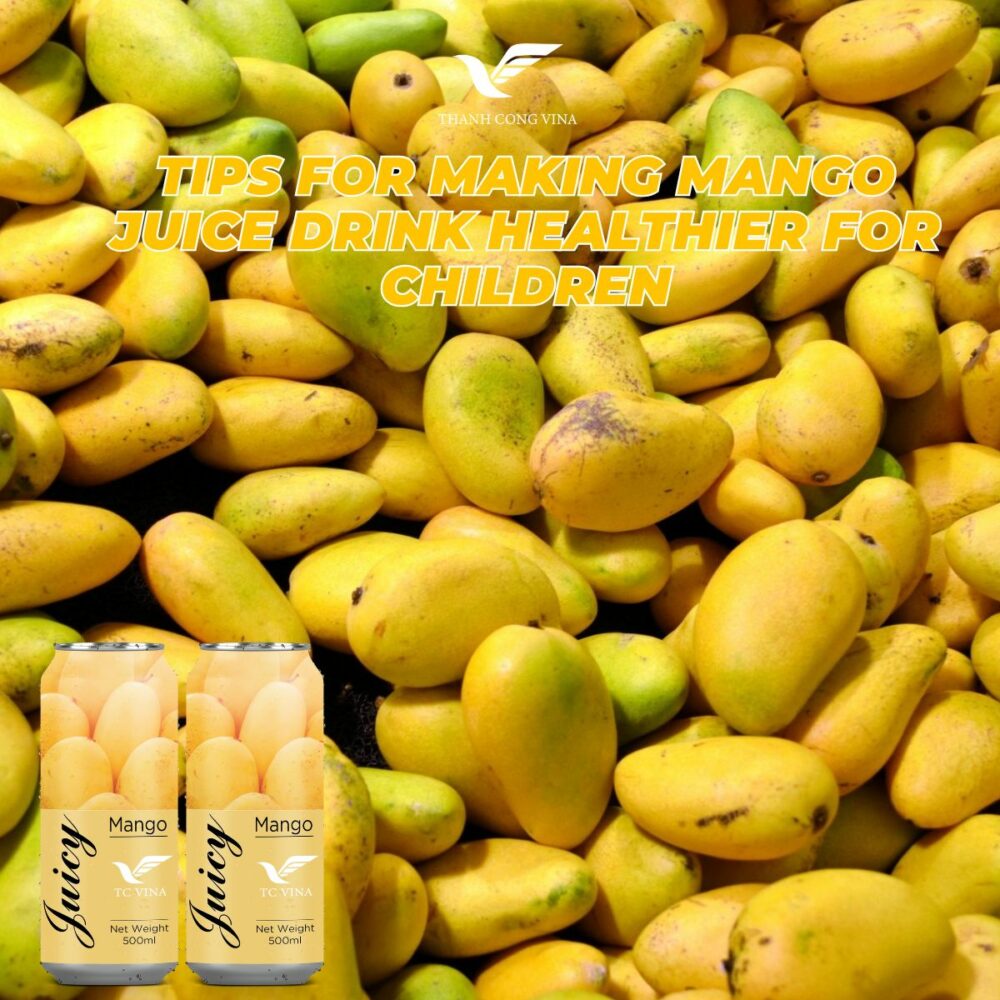
Tips for Making Mango Juice Drink Healthier for Children
Adding Fiber and Nutrient Boosts
Parents can enhance mango juice drink by blending it with other fruits like bananas, oranges, or berries. Adding pulp or mixing it with yogurt can increase fiber and protein content, making it a more filling and nutritious beverage.
Homemade Recipes Kids Will Love
Simple homemade recipes, such as mango smoothies or diluted mango juice with mint, can make the drink more exciting while reducing sugar concentration. Serving mango juice as part of a balanced snack—like alongside nuts or whole-grain crackers—can help maintain steady energy levels for kids.
The Role of Mango Juice Drink in Children’s Lifestyle
Cultural and Social Aspects
In many cultures, mango juice is a traditional summer beverage enjoyed by families. Sharing this drink with children not only provides nutrition but also strengthens cultural connections and family bonding.
Encouraging Healthy Habits
When parents introduce mango juice drink responsibly, it can become part of a child’s healthy eating routine. Teaching kids about moderation, natural foods, and balance ensures that they grow up making better dietary choices.
Conclusion
Mango juice drink can be a safe and healthy beverage for children when consumed in moderation and as part of a balanced diet. It provides vitamins, hydration, and quick energy that support immunity, digestion, and overall growth. However, parents should be mindful of portion sizes and avoid packaged varieties that contain added sugars or preservatives. Fresh, homemade versions with pulp are always the better choice for maximizing benefits and minimizing risks. By making small adjustments—like blending mango juice with other fruits or serving it with fiber-rich foods—parents can ensure their children enjoy the drink without overindulging. For families who want high-quality, nutritious options, Thanh Cong Vina offers fruit-based beverages crafted with health and taste in mind. Choosing mango juice drinks from TCVina means giving kids a delicious, natural, and safe way to stay nourished and energized.

